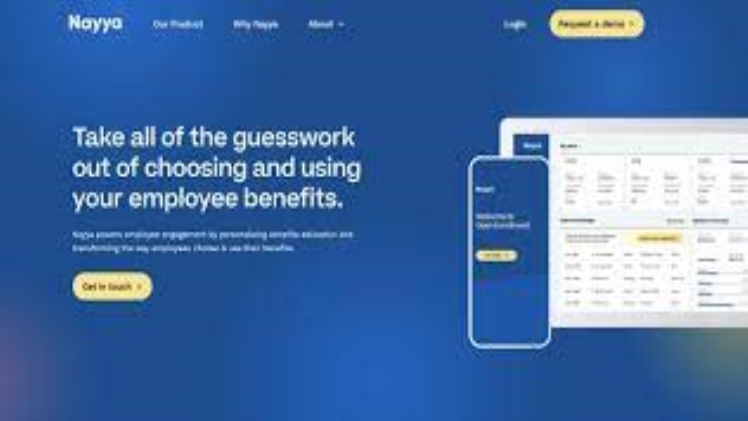The Internet has opened up a new music market. With the advent of streaming services, digital-music sales are rising at a record pace. The Recording Industry Association of America estimates that in 2012, digital-music sales reached $4 billion. This is significantly more than the licensing revenues from radio broadcasts. But the recording industry is still wary of these trends. In fact, xotic news it has contacted Norwegian authorities to file a lawsuit against Lycos, one of the most popular MP3 locaters.
Web music entails downloading songs from the Internet. These files are compressed in a form called MP3, which is short for MPEG-1, Layer 3. The small size of the file makes it easy to transfer to a wide range of computers, and it can be converted to CDs. Many people have embraced MP3s, even though the format is still relatively unsupported by the mainstream music business.
Some musicians, including Alanis Morissette, have received stock in MP3 in exchange for endorsing it. The company also co-sponsored a recent tour by Morissette. Currently, the MP3 Web site boasts more than 100,000 songs from more than 18,000 artists. It is the biggest collection of digital music on the Web. However, despite its popularity, the Webmusic business is still losing money oyepandeyji.
As music consumption has moved online, the internet giants are pushing for more comprehensive, well-rounded online music services. Apple’s iTunes, for example, transformed the music business. Apple’s executive Eddy Cue helped develop iTunes, but now he is working with Google on expanding YouTube into the Web music world. Meanwhile, Beats Electronics, a joint venture between Sony and Vivendi Universal, announced Project Daisy, an ad-based subscription service, in January.
In the meantime, many online music companies are still struggling to figure out how to get access to fresh, new music. They are still investing a lot of money to get their products and services in front of consumers. And most streaming services aren’t successful in converting free customers to paid ones aditianovit.
Several artists have been forced to take down MP3 files posted on their websites. The Beastie Boys are one example. Other examples include the rapper Lil’ Kim and his band The Black Keys. Others have been cited in civil lawsuits for selling music online without permission.
The recording industry has been on a crusade against piracy. It has tried to ban the first portable MP3 player, but has failed. Still, some stars have been taken down, and the recording industry is now moving against some of its biggest names.
Despite the turmoil, the music industry is looking for ways to regain control of its market. A new initiative, the Secure Digital Music Initiative, is set to launch in the holiday shopping season. The initiative’s goal is to create an industry-wide standard for downloading music. Ideally, this will use copyright-protected compression.
Another example is the House of Blues’ summer online concert series. For three years, the blues group has hosted hundreds of shows on the Web. Now, the online concert company is ending its summer lineup. starwikibio allworldday therightmessages tvboxbee stylesrant voxbliss thetalka celebrow

